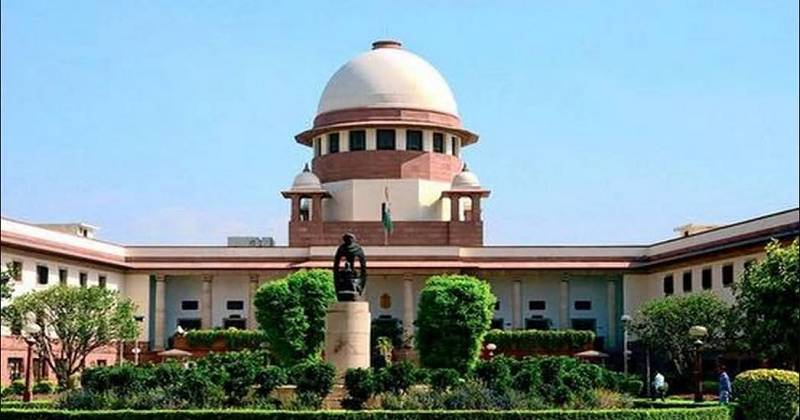
New Delhi: The Supreme Court directed on Thursday that the daughters of a Hindu male, dying without a will would be entitled to inherit self-acquired and other properties obtained in the partition by the father. The court also ordered that these daughters would get preference over other collateral members of the family, such as sons and daughters of brothers of the deceased father.
The judgement, which came on an appeal against the Madras High Court verdict, dealt with the property rights of Hindu women and widows under the Hindu Succession Act. ‘If a property of a male Hindu dying intestate (without a will) is a self-acquired property or obtained in the partition of a coparcenary or a family property, the same would devolve by inheritance and not by survivorship, and a daughter of such a male Hindu would be entitled to inherit such property in preference to other collaterals (such as sons/daughters of brothers of deceased father)’, a bench of justices S Abdul Nazeer and Krishna Murari said in a 51-page judgment.
Also read: Sexual assault case; SC judge recuses Tarun Tejpal’s plea
The court also dealt with the question of whether such property will devolve onto the daughter upon the death of her father or on to ‘father’s brother’s son by survivorship’ in the absence of any other legal heir. ‘Right of a widow or daughter to inherit the self-acquired property or share received in the partition of a coparcenary property of a Hindu male dying intestate is well recognized not only under the old customary Hindu Law but also by various judicial pronouncements’, the verdict said.
In case a female Hindu dies without leaving a will, the court said, the property she inherited from her father or mother would go to the heirs of her father while the property she inherited from her husband or father-in-law would go to the heirs of the husband. ‘The basic aim of the legislature in enacting Section 15(2) (of the Hindu Succession Act) is to ensure that inherited property of a female Hindu dying issueless and intestate, goes back to the source’, it said.
Also read: Subhas Chandra Bose’s ‘grand statue’ will be unveiled at India Gate: PM Modi
The judgment came on an appeal against the Madras high court verdict dismissing the partition suit of the daughters. ‘Since the property in question was admittedly the self-acquired property of a father despite the family being in a state of jointness upon his death intestate, his sole surviving daughter will inherit the same by inheritance and the property shall not devolve by survivorship’, the apex court said.

Post Your Comments